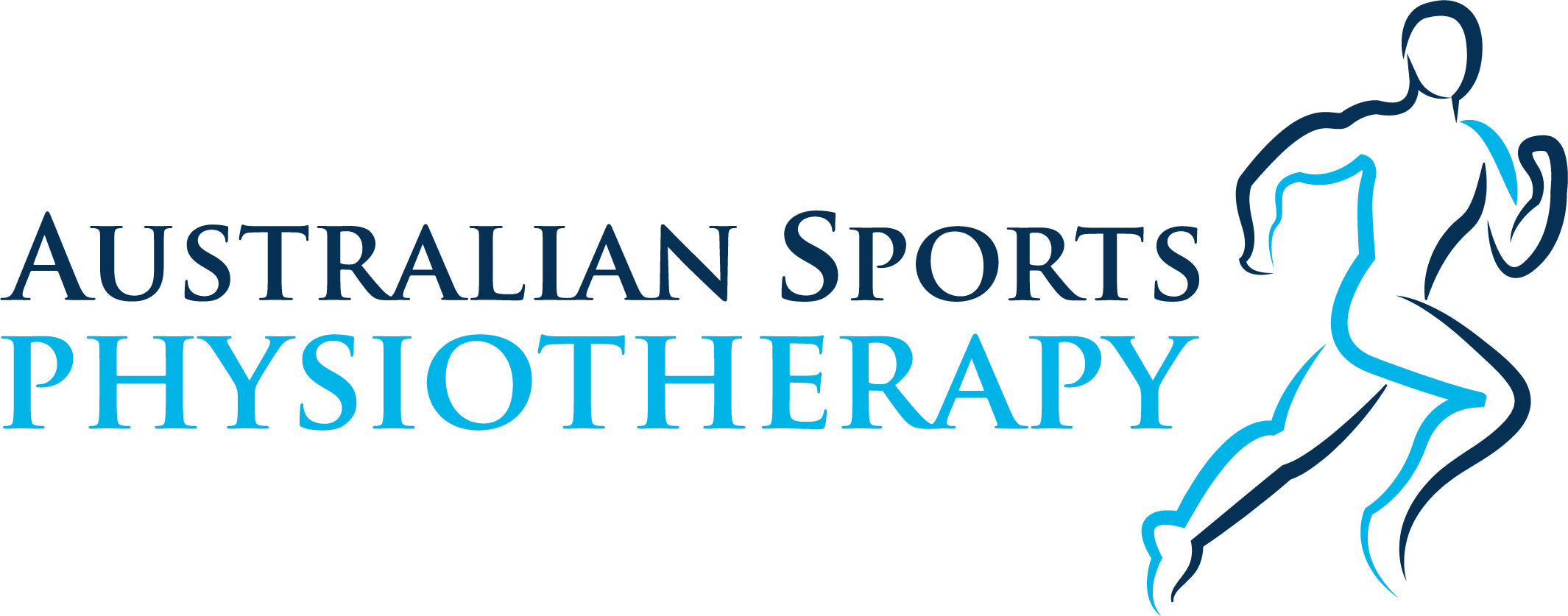Posture Correction with Physiotherapy
Physiotherapy is a type of health care that focuses on improving or maintaining the function of muscles, joints and other soft tissues. Physiotherapy treatment aims to reduce pain and improve movement.
Physiotherapists treat patients who suffer from musculoskeletal problems such as poor posture, back pain, neck pain, shoulder pain, arthritis, sports injuries and fractures. They also provide rehabilitation services to those recovering from surgery or injury.
A physiotherapist is the best allied health professional to identify your ideal posture or posture style and give you hands-on treatment, posture-correction exercises, as well as helpful home products to improve your posture!
What is good posture?
The perfect alignment of your body when standing or sitting is referred to as good posture. Correct placement teaches oneself how to hold your body against gravity with minor strain and tension on supportive structures like muscles and ligaments.
Correct posture is more crucial than most people realise. It focuses your body weight over your feet, minimising tiredness since your muscles are being worked correctly, assists you in maintaining balance, ensures the correct alignment of your bones and joints, protects your spine, and prevents muscular soreness. Aside from this, standing or sitting will make you look more attractive.
In order to keep your body balanced and in an excellent position to perform well, keep your knees, ankles, hips, spine, shoulders, and head symmetrically on top of one another, as well as an equal balance on both sides of your body.

Consequences of poor posture
Your posture not only affects your appearance but also contributes to dozens of health problems that impact your well-being and overall health. It is most common to lack muscle strength in the core muscles, the back, pelvis, and buttocks, causing instability in the body.
Poor posture can result in rounded shoulders, muscle imbalances, neck pain, painful cartilage degeneration, headaches, muscle fatigue, a protruding belly and general body aches.
Poor posture symptoms
- General exhaustion.
- Difficulty breathing.
- Pain in the shoulders or neck.
- Decreased flexibility.
- Regular muscle spasms.
- Headaches caused by tension.
- Regular aches in your lower back or neck.
- Arm numbness, tingling, or nerve pain.
- Injuries to your wrist or hand due to repetitive strain like typing, golf, tennis, playing contact sports, or a musical instrument.
Physiotherapy for posture correction
Physiotherapy for posture correction focuses on increasing muscle strength and loading your postural muscles so that they can withstand the stresses of everyday life. As a result of pain or injury, an individual’s posture may change. Physiotherapists can provide pain relief and rehabilitation, allowing individuals to regain their natural posture. As part of our mission, we are not striving to give you a completely new posture but rather to enable you to be comfortable in whatever posture you prefer while also educating you about the importance of changing your posture periodically throughout the day.
Physiotherapy treatment approaches for posture correction
- Postural and movement retraining.
- Preventative or assistive taping techniques.
- Joint and soft tissue stretching and mobility exercises.
- Supportive bracing.
- Targeted joint and soft tissue manual techniques.
- Muscular strengthening exercises and training.
Objectives of physiotherapy in posture correction
- Implementing perfect posture habits.
- Obtain a normal range of motion for your joints.
- Achieve a standard range of nerve extension.
- Achieve appropriate muscle length.
- Improve muscle endurance.
- Obtain a good level of muscle strength.
- Develop a good sense of spatial awareness.

5 Physiotherapy tips to maintain good posture
- Whether you’re watching television, doing dishes or walking, maintain proper posture.
- Keep moving. Not all exercises will improve your posture, but certain routines are especially beneficial. Examples are mobility, stretch, pilates, yoga, tai chi, and other classes that emphasise body awareness. Core-strengthening exercises are also highly beneficial.
- Weight control is essential. Weight gain impairs breathing, weakens abdominal muscles, exacerbates pelvic and spine difficulties, and causes lower back pain.
- Wear comfortable shoes. High heels, for example, might throw a person off-balance and require them to move differently. Muscles are put under additional stress, causing posture to be affected.
- Whether you’re sitting in front of a computer, cooking dinner, or enjoying a meal, make sure your work surfaces are at a comfortable height for you.
Final thoughts on Posture Correction with Physiotherapy
When the body is held in a static position, for instance, a sitting posture, approximately half of its muscles contract, putting more force on the body than when it is active.
In addition to prolonged periods of sitting, a sedentary lifestyle, poor core stability and muscle weakness, or joint stiffness are all factors that contribute to bad posture.
This can result in muscle imbalance, increased pressure and degeneration in the spinal disks, particularly in the neck and lower back, decreased blood flow, and decreased spine mobility.
If you’d like to get professional advice on why you have bad posture and how you can improve it, book an appointment for your postural assessment with Australian Sports Physiotherapy today!









